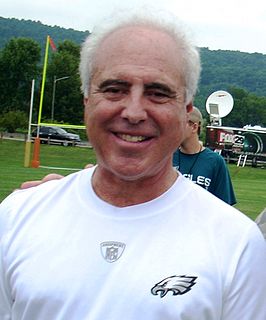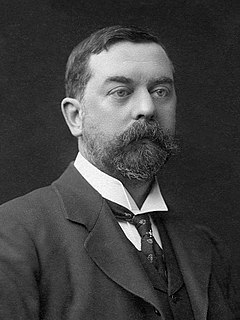A Quote by Bill Bryson
I turned to my own bunk and examined it with a kind of appalled fascination. If the mattress stains were anything to go by, a previous user had not so much suffered from incontinence as rejoiced in it. He had evidently included the pillow in his celebrations.
Related Quotes
Sometimes I think that the amount of time you live on earth is just an inverse reflection of how good you were in a previous existence. For example, infants who die from SIDs were actually great people when they were alive for real, so they get to go to heaven after a mere five weeks in purgatory. Meanwhile anyone Willard Scott ever congratulated for turning one hundred two was obviously a terrible individual who had many many previous sins to pay for and had to spend a century in his or her own unknown purgatory even though the person seemed perfectly wholesome in this particular world.
The Detective was different. Not that he wasn't a good man; Willie had heard enough about him to understand that he was the kind who didn't like to turn away from another's pain, the kind who couldn't put a pillow over his ears to drown out the cries of strangers. Those scars he had were badges of courage, and Willie knew that there were others hidden beneath his clothes, and still more deep inside, right beneath the skin and down to the soul. No, it was just that whatever goodness was there coexisted with rage and grief and loss.
There were times when it appeared to Dorian Gray that the whole of history was merely the record of his own life, not as he had lived it in act and circumstand, but as his imagination had created it for him, as it had been in his brain and in his passions. He felt that he had known them all, those strange terrible figures that had passed across the stage of the world and made sin so marvellous, and evil so full of subtlety. It seemed to him that in some mysterious way their lives had been his own.
If you had to point to anything, it's when you've had as much success as we've had and are so close to winning a Super Bowl, at some stage you have an opportunity to think the next move, even if it's not consistent with all your previous moves, will be the one that gives you the chance to win the Lombardi Trophy.
About Mike the construction worker, friend of Roark: "He worshipped expertness of any kind. He loved his work passionately and had no tolerance for anything save for other single-track devotions. He was a master in his own filed and felt no sympathy except for mastery. His view of the world was simple: there were the able and there were the incompetent; he was not concerned with the latter."
Leto turned a hard stare at Kynes. And Kynes, returning the stare, found himself troubled by a fact he had observed here: This Duke was concerned more over the men than he was over the spice. He risked his own life, and that of his son to save the men. He passed off the loss of a spice crawler with a gesture. The threat to men's lives had him in a rage. A leader such as that would command fanatic loyalty. He would be difficult to defeat. Against his own will and all previous judgements, Kynes admitted to himself: I like this Duke.
'Impressionism' was the name given to a certain form of observation when Monet, not content with using his eyes to see what things were or what they looked like as everybody had done before him, turned his attention to noting what took place on his own retina (as an oculist would test his own vision).
Impressionism' was the name given to a certain form of observation when Monet, not content with using his eyes to see what things were or what they looked like as everybody had done before him, turned his attention to noting what took place on his own retina (as an oculist would test his own vision).
Through the process of specifically writing this memoir, there was so much reckoning that I had to do. It was very difficult. It doesn't erase anything that happened, but I think that it was healthy for me to do it. The teenage self-loathing that I suffered from all of a sudden found itself turned into rapids with my grief after my brother died. I turned it inwards. In the same way that my mom processes her grief and her problems. This project, as a memoir, has helped me funnel it outwards.




































